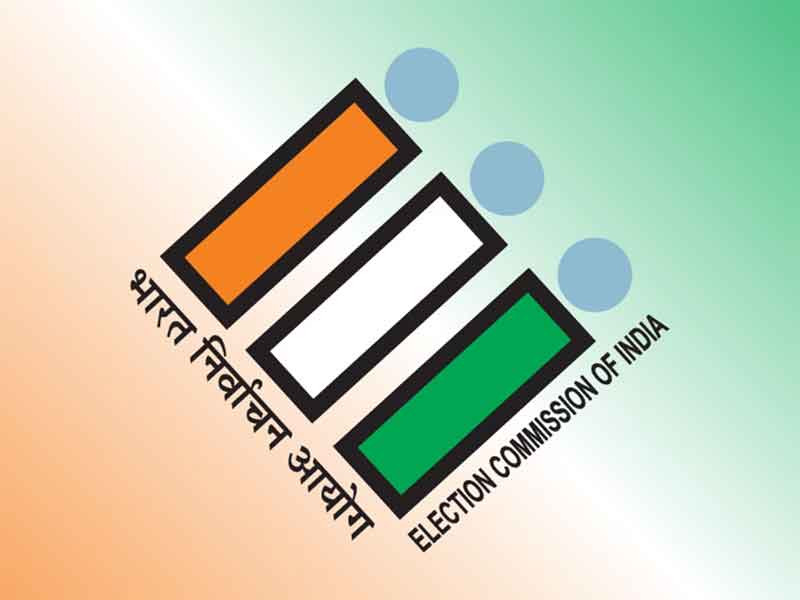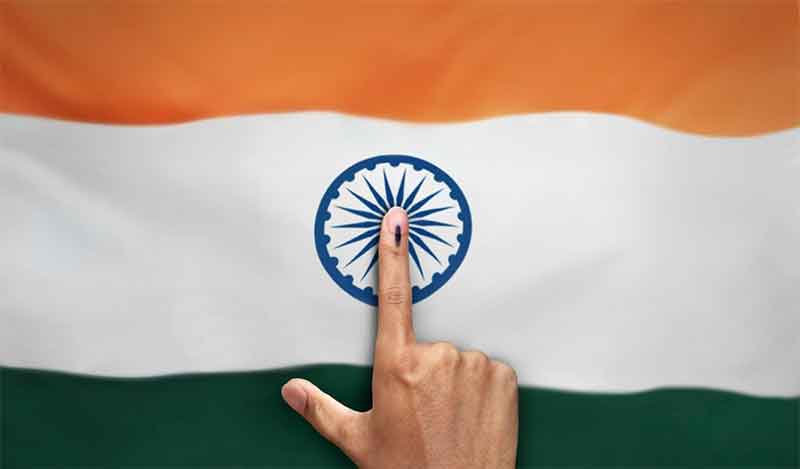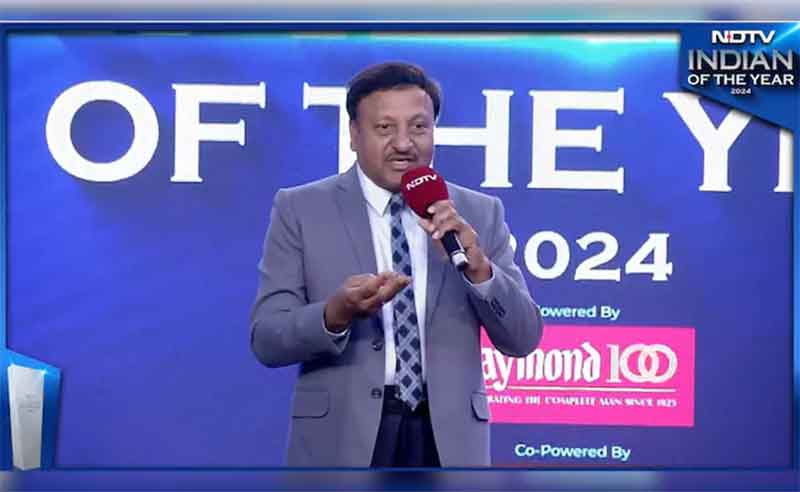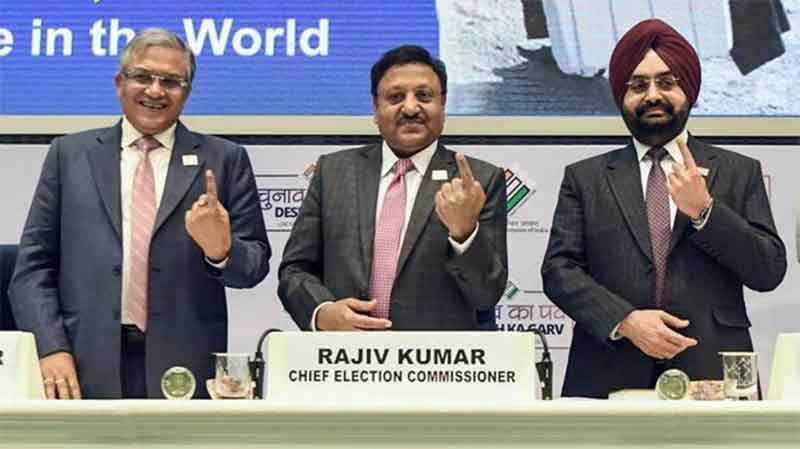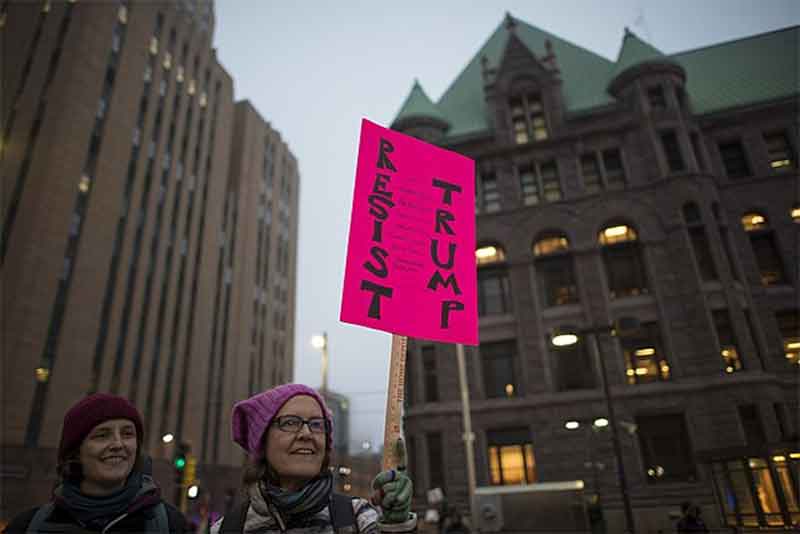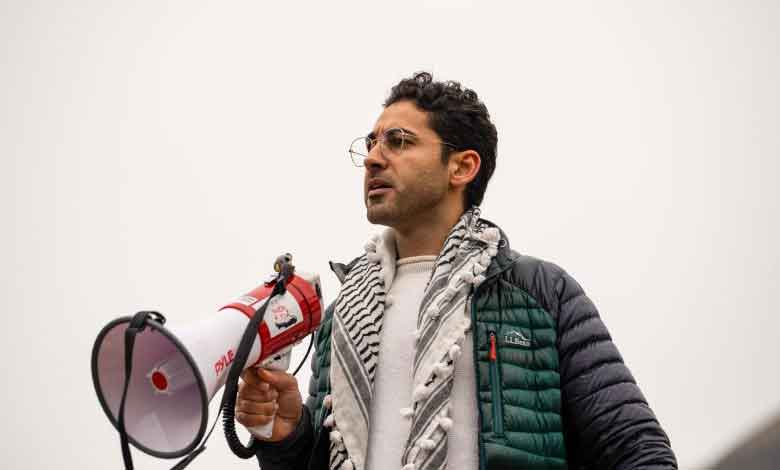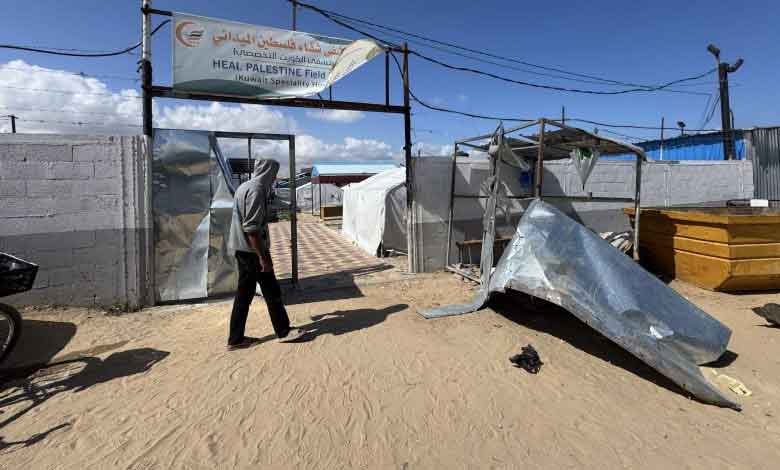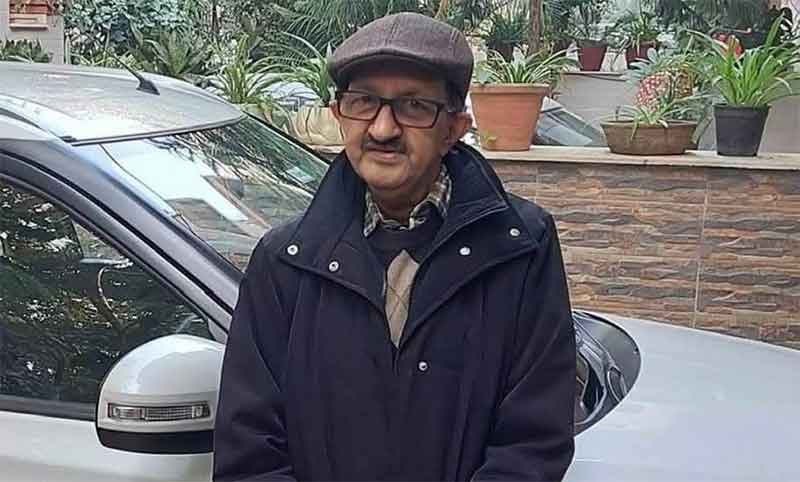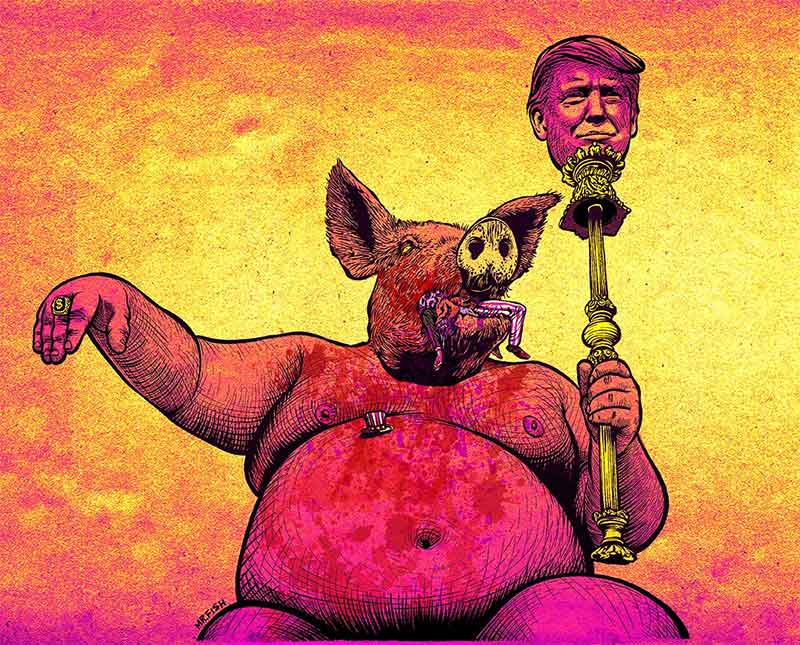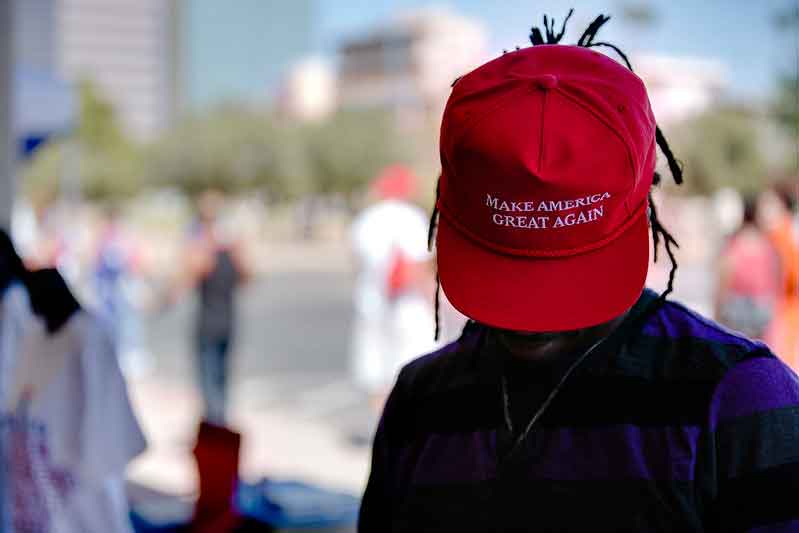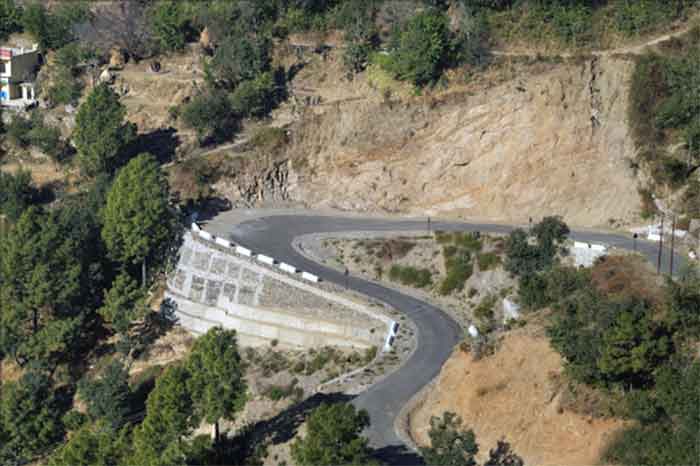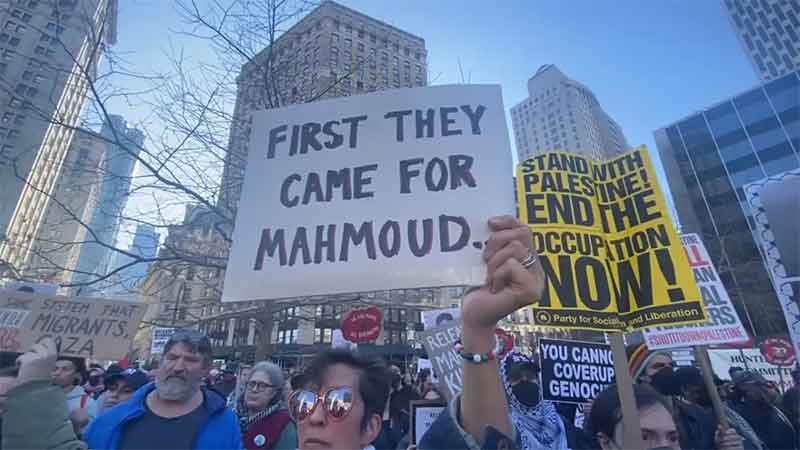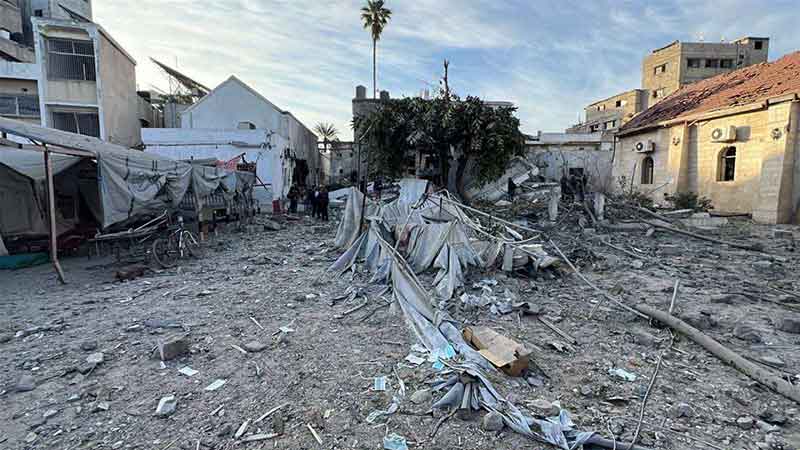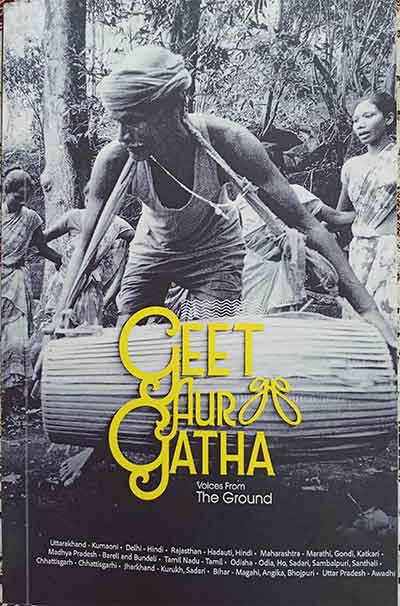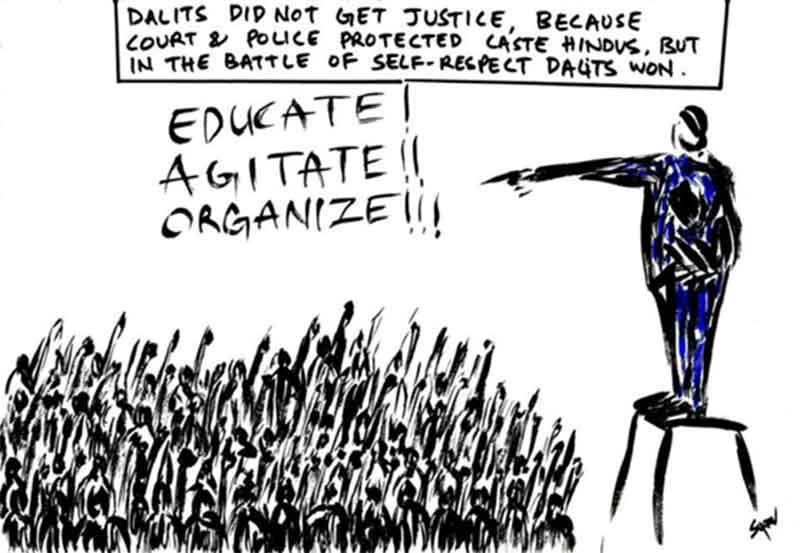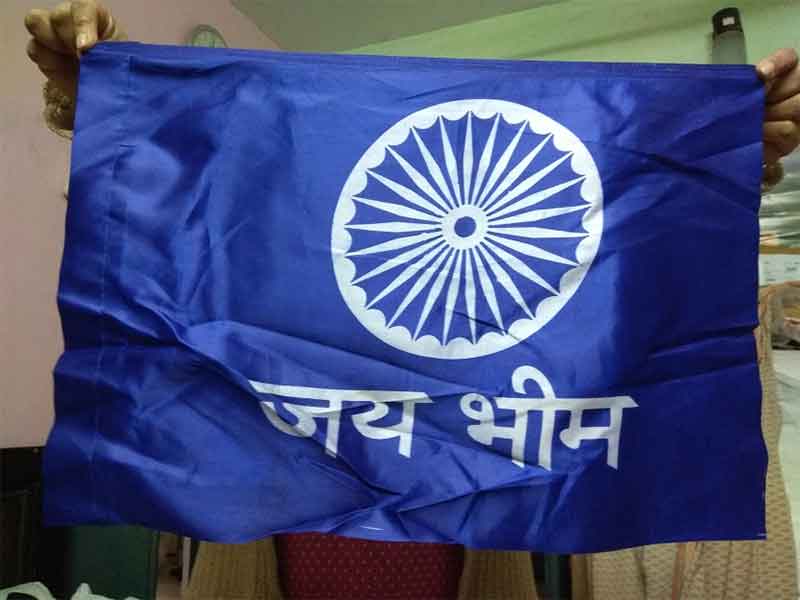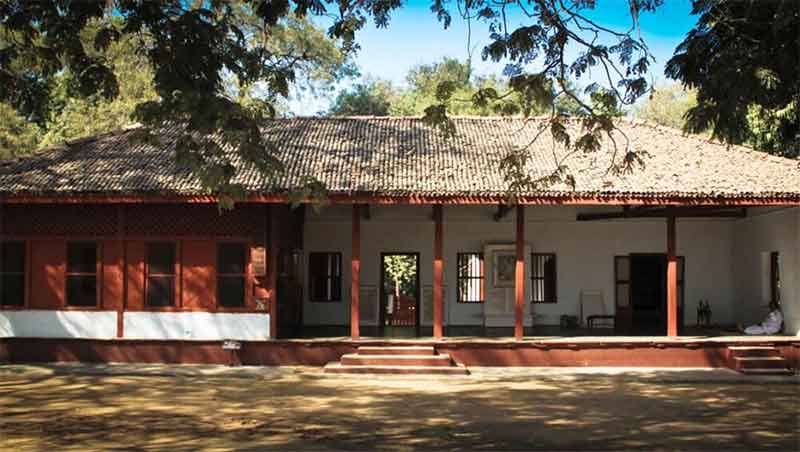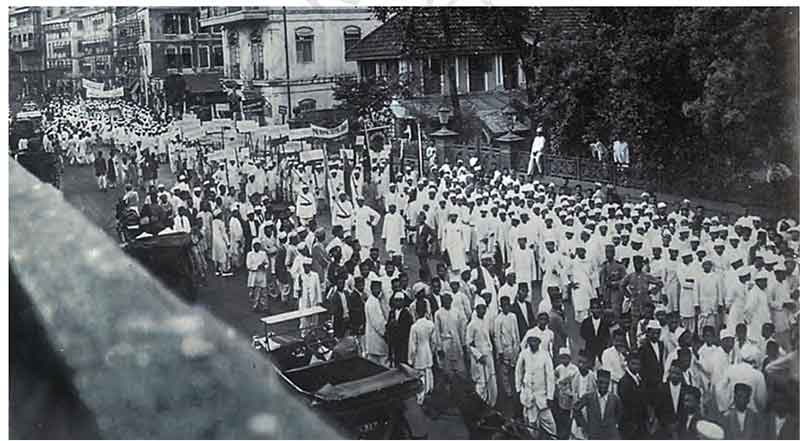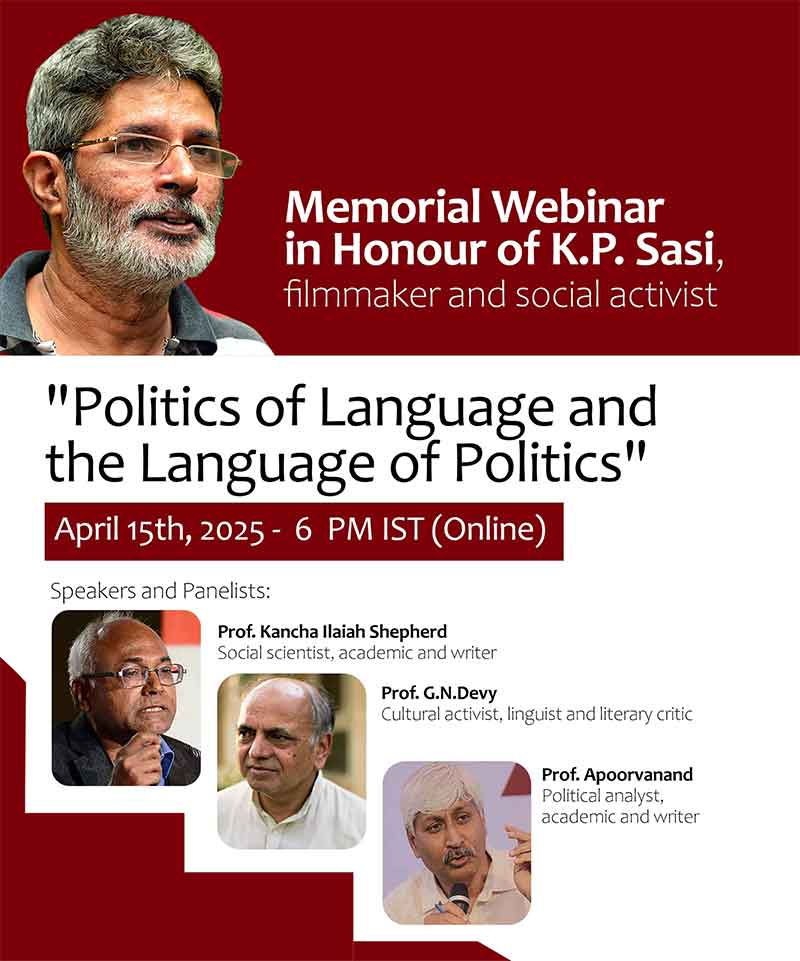
To
Smt. Droupadi Murmu
Hon’ble President of India
Respected Rashtrapati Ji,
The Chief Election Commissioner and Other Election Commissioners (Appointment, Conditions of Service and Term of Office) Act, as enacted in 2023, has cut at the root of India’s democracy. As a result, the political executive continuing to make appointments to the office of the Election Commission of India (ECI) has had the debilitating effect of eroding the independence of the ECI.
In this connection, I had earlier made an appeal to you on 14th September, 2023, as the highest authority under the Constitution, to seek the advice of the apex court of India under Article 143(1) for advice (https://countercurrents.org/2023/09/appeal-to-president-of-india-election-machinery-should-be-outside-the-control-of-the-executive-government/)
I find that this matter had since been raised by some concerned citizens before the apex court as early as in 2015, but the latter is yet to pronounce an order as on date.
Meanwhile, to the discomfort of millions of concerned citizens, the political executive has not shown any hesitation whatsoever to make appointments to office of the ECI, with the Selection Committee heavily tilted in its favour, leading to an inevitable public perception that it is the political executive representing one political party that has made those appointments, which in turn has cast a long shadow on the autonomy of the ECI as an independent Constitutional authority under Article 324 entrusted with the sacred responsibility of conduction electrons in a free and fair manner.
In this connection, I wish to invite your attention once again to the discussion that took place in the Constituent Assembly On June 15, 1949, when it discussed the provisions included in the draft of the Constitution for setting up an independent Election Commission.
Dr B R Ambedkar at that time explained the background of the draft provision as it stood as follows:
“in a very early stage in the proceedings of the Constituent Assembly, a Committee was appointed to deal with what are called Fundamental Rights. That Committee made a report that it should be recognised that the independence of the elections and the avoidance of any interference by the executive in the elections to the Legislature should be regarded as a fundamental right and provided for in the chapter dealing with Fundamental Rights. When the matter came up before the House, it was the wish of the House that while there was no objection to regard this matter as of fundamental importance, it should be provided for in some other part of the Constitution and not in the Chapter dealing with Fundamental Rights. But the House affirmed without any kind of dissent that in the interests of purity and freedom of elections to the legislative bodies, it was of the utmost importance that they should be freed from any kind of interference from the executive of the day. In pursuance of the decision of the House, the Drafting Committee removed this question from the category of Fundamental Rights and put it in a separate part containing articles 289, 290 and so on. Therefore, so far as the fundamental question is concerned that the election machinery should be outside the control of the executive Government, there has been no dispute. What Article 289 does is to carry out that part of the decision of the Constituent Assembly. It transfers the superintendence, direction and control of the preparation of the electoral rolls and of all elections to Parliament and the Legislatures of States to a body outside the executive to be called the Election Commission”
More recently, Shri L K Advani, in a letter of June 2, 2012, addressed to the then Prime Minister, Dr Manmohan Singh, questioned the credibility of the existing system in which the members of the Commission were appointed by the President solely on the advice of the Prime Minister. He said that it would not “evoke confidence among the people”. He therefore proposed that the committee that selects candidates for appointment to the Commission should be more “broad-based” to include the Leader of Opposition and the Chief Justice of India, among others as members.
In March 2023, a five-judge Bench of the apex court delivered ajudgment (Anoop Baranwal versus Union of India) and directed the government to consider introducing a more transparent system of appointment of the Election Commissioners and made the following observations:
“keeping in view the importance of maintaining the neutrality and independence of the office of the ElectionCommission to hold free and fair election which is a sine qua non for upholding the democracy as enshrined in our Constitution, it becomes imperative to shield the appointment of Election Commissionersand to be insulated from the executive interference. It is the need of the hour and advisable, in my view, to extend the protection available to the Chief Election Commissioner under the first proviso to Article 324(5) to other Election Commissioners as well until any law is being framed by the Parliament. We declare that the appointment of the Chief Election Commissioner and the Election Commissioners shall be made on the recommendations made by a three-member Committee comprising of the Prime Minister, Leader of the Opposition of the Lok Sabha and in case no Leader of Opposition is available, the Leader of the largest opposition party in the Lok Sabha in terms of numerical strength and the Chief Justice of India. It is desirable that the grounds of removal of the Election Commissioners shall be the same as that of the Chief Election Commissioner that is on the like grounds as a Judge of the Supreme Court subject to the “recommendation of the Chief Election Commissioner” as provided under the second proviso to Article 324(5) of the Constitution of India. The conditions of service of the Election Commissioners shall not be varied to his disadvantage after appointment”
It has been an unwritten convention that the political executive proceeds on the advice rendered by the apex court. However, contrary to what the apex court has suggested, the Parliament, on a Bill introduced by the present government, enacted the 2023 Act rendering the process of appointment of the Election Commissioners totally subjective and non-transparent, leading to a widespread public perception that the ECI is no longer an independent authority as envisaged under Article 324 and it has become a part of the political executive.
As stated by Dr B R Ambedkar on June 15, 1949 in the Constituent Assembly, it is the fundamental right of the citizen to have an independent election mechanism that is totally free from the control of the executive. Unfortunately, as a result of the selection procedure introduced by the 2023 Act, it is that fundamental right of the citizen that stands brazenly infringed in every manner.
No one, however mighty, can be allowed to tinker with the core intent and ambit of Article 324, if India were to sustain itself as a vibrant democracy. Any such attempt needs to be countered in every possible way.
As the highest Constitutional authority, respected Rashtrapati Ji, you have the authority and the mandate under the Constitution to intervene in a timely manner and restore credibility to the process of appointment to the office of the ECI in order to safeguard India’s democratic values, as so explicitly stated by Dr Ambedkar.
Against this background, even at this belated stage, may I appeal to you to invoke the authority conferred on you by Article 143 (1) which reads as follows?
“If at any time it appears to the President that a question of law or fact has arisen, or is likely to arise, which is of such a nature and of such public importance that it is expedient to obtain the opinion of the Supreme Court upon it, he may refer the question to that Court for consideration and the Court may, after such hearing as it thinks fit, report to the President its opinion thereon”
Since there is no other matter as important as this one, from the public interest point of view, I earnestly appeal to you on behalf millions of concerned citizens to invoke Article143(1) and seek urgently the considered view of the apex court in this matter and on the ways and means to restore the public credibility of the process of appointment to the office of the ECI, so that the core democratic values of our Constitution and the citizen’s right to an independent and transparent election mechanism may be safeguarded, before it becomes too late.
We Indians, committed whole-heartedly, to a democratic system of governance, cannot afford to allow one political party, through a one-sided electoral process, compromise the integrity of such a system of governance.
Respectfully,
E A S Sarma
Former Secretary to the Government of India
Visakhapatnam

